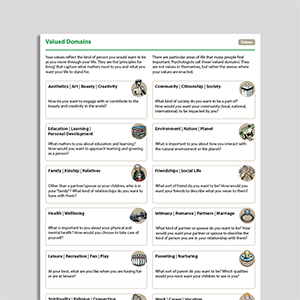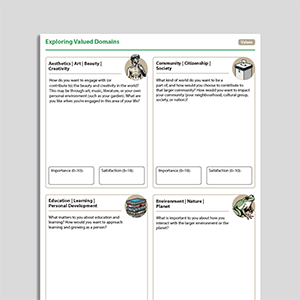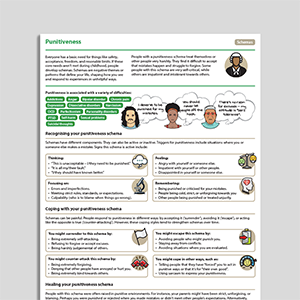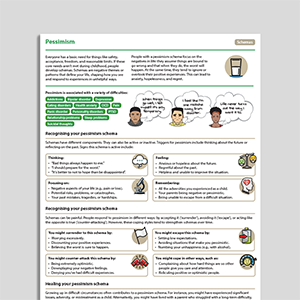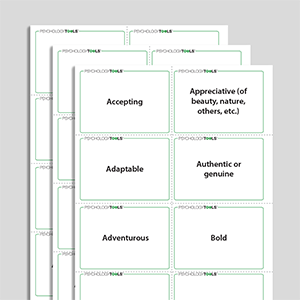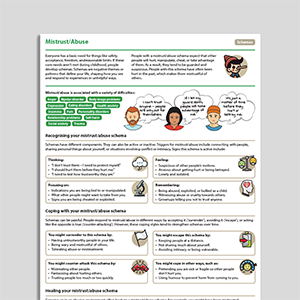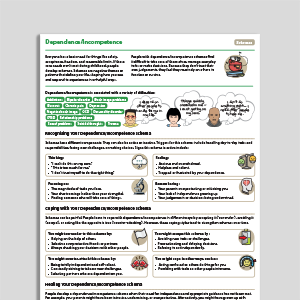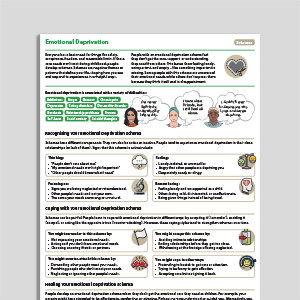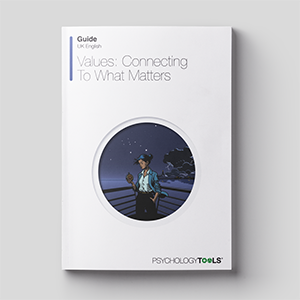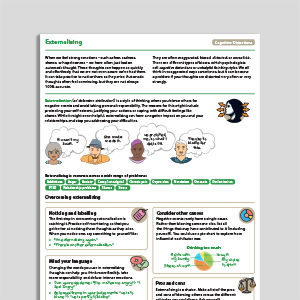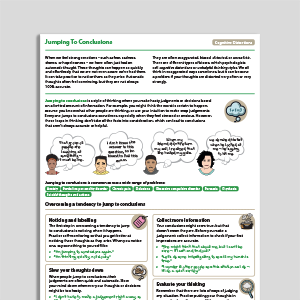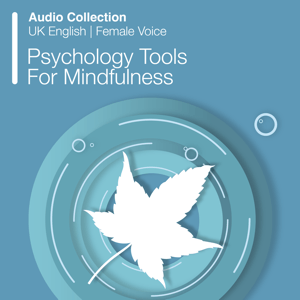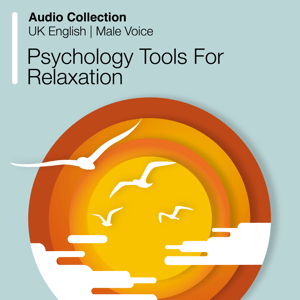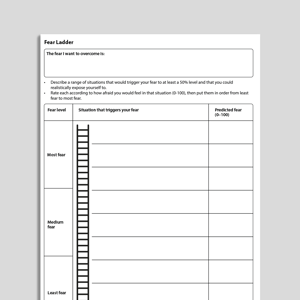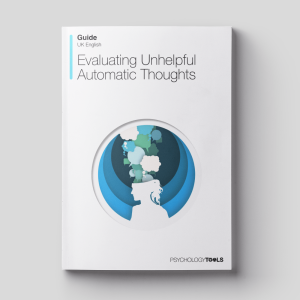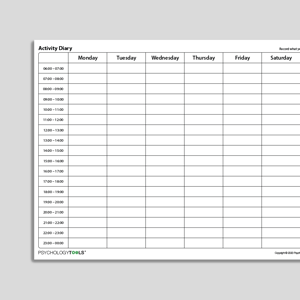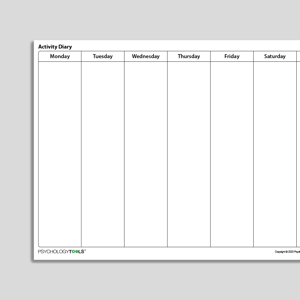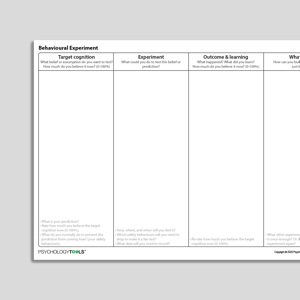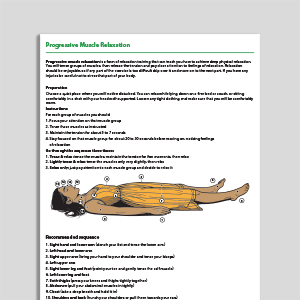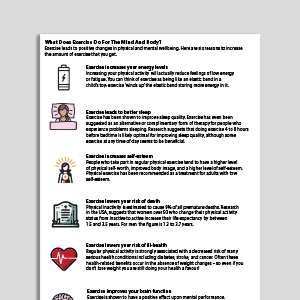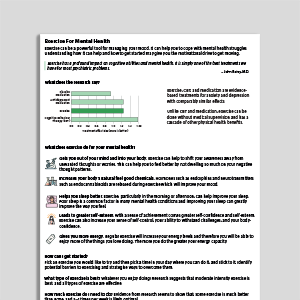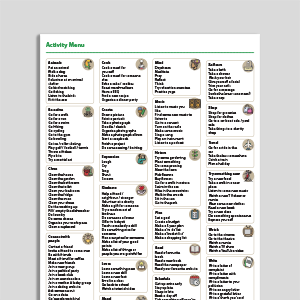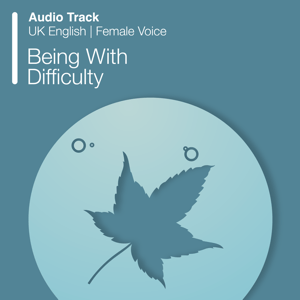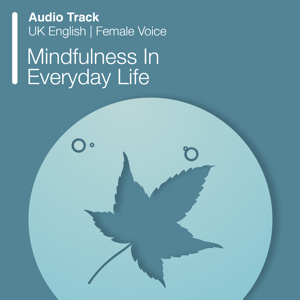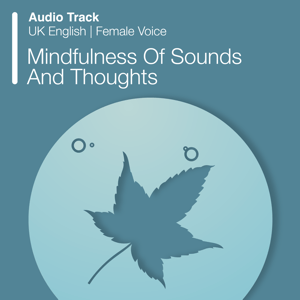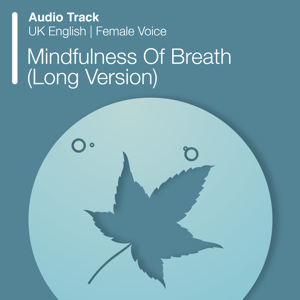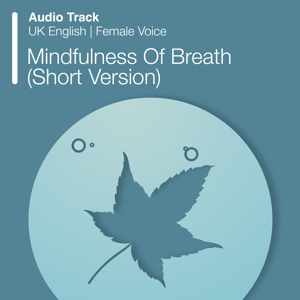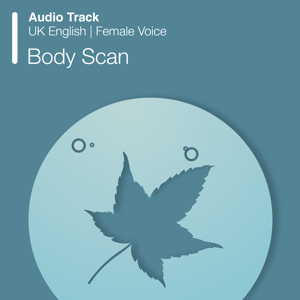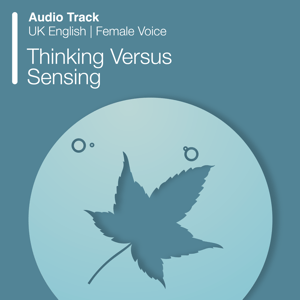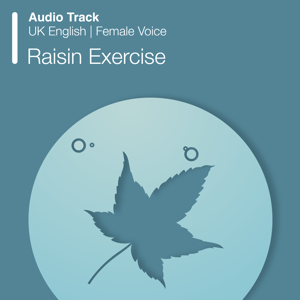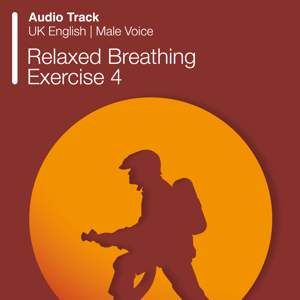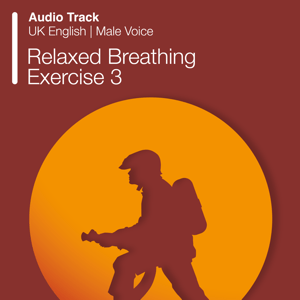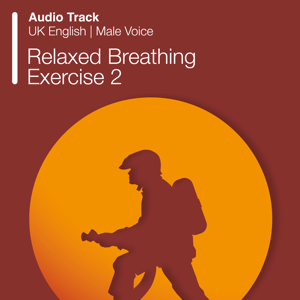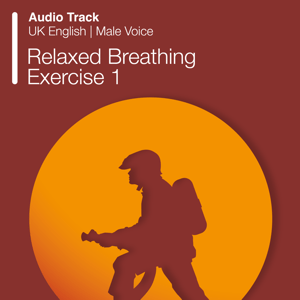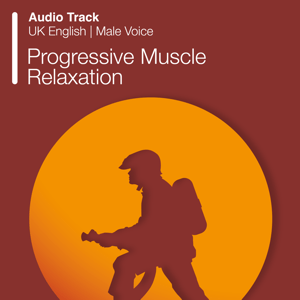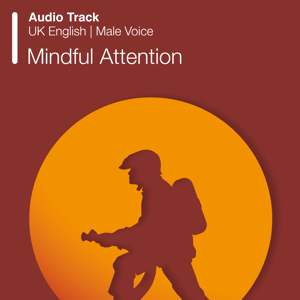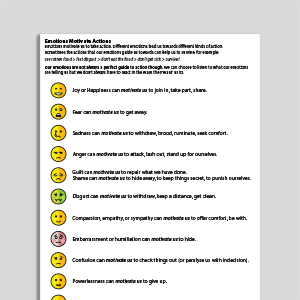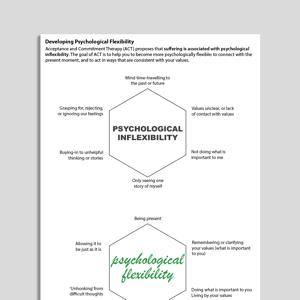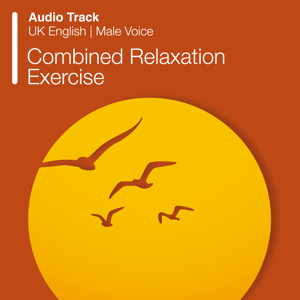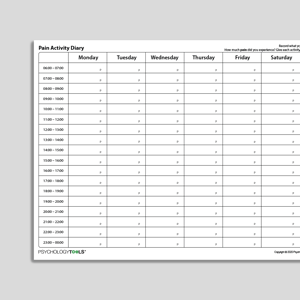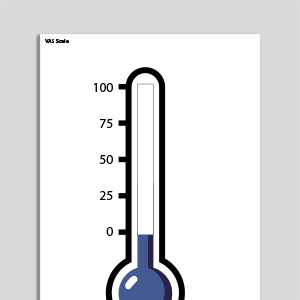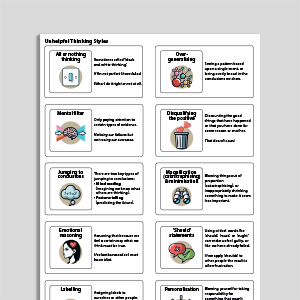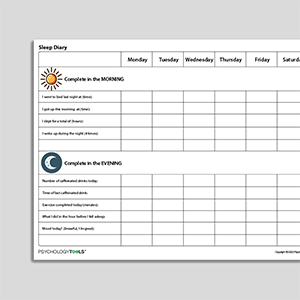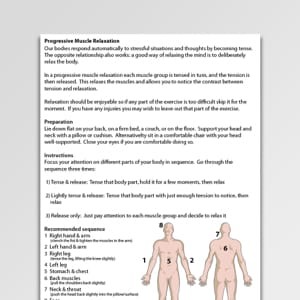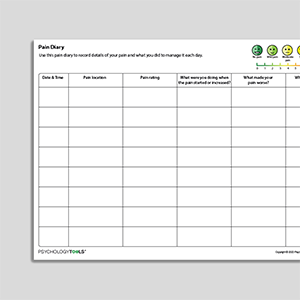Pain (Acute Pain And Chronic Pain)
Pain is a complex psychological experience involving sensory and affective components. Human beings are able to reflect upon what they are experiencing, and psychologists often attend to an individual’s cognitions (thoughts, beliefs, images, memories) around their pain—what the pain means for this individual—and suffering that is associated with these cognitions. Evidence-based psychological approaches for pain include acceptance and commitment therapy (ACT), cognitive behavioral therapy (CBT), and hypnosis.
Showing 1 to 50 of 57 results
Manage Your Mind: The Mental Fitness Guide (Third Edition)
Manage Your Mind: The Mental Fitness Guide (Third Edition)
[Free Guide] An Introduction To Values
[Free Guide] An Introduction To Values
Dependence / Incompetence
Dependence / Incompetence
Values: Connecting To What Matters
Values: Connecting To What Matters
Audio Collection: Psychology Tools For Mindfulness
Audio Collection: Psychology Tools For Mindfulness
Audio Collection: Psychology Tools For Relaxation
Audio Collection: Psychology Tools For Relaxation
Evaluating Unhelpful Automatic Thoughts
Evaluating Unhelpful Automatic Thoughts
Activity Diary (Hourly Time Intervals)
Activity Diary (Hourly Time Intervals)
Activity Diary (No Time Intervals)
Activity Diary (No Time Intervals)
What Does Exercise Do For the Mind And Body?
What Does Exercise Do For the Mind And Body?
Exercise For Mental Health
Exercise For Mental Health
Mindfulness In Everyday Life (Audio)
Mindfulness In Everyday Life (Audio)
Mindfulness Of Sounds And Thoughts (Audio)
Mindfulness Of Sounds And Thoughts (Audio)
Mindfulness Of Breath (Long Version) (Audio)
Mindfulness Of Breath (Long Version) (Audio)
Mindfulness Of Breath (Short Version) (Audio)
Mindfulness Of Breath (Short Version) (Audio)
Relaxed Breathing Exercise 4 (Audio)
Relaxed Breathing Exercise 4 (Audio)
Relaxed Breathing Exercise 3 (Audio)
Relaxed Breathing Exercise 3 (Audio)
Relaxed Breathing Exercise 2 (Audio)
Relaxed Breathing Exercise 2 (Audio)
Relaxed Breathing Exercise 1 (Audio)
Relaxed Breathing Exercise 1 (Audio)
Progressive Muscle Relaxation (Audio)
Progressive Muscle Relaxation (Audio)
Developing Psychological Flexibility
Developing Psychological Flexibility
Combined Relaxation Exercise (Audio)
Combined Relaxation Exercise (Audio)
Unhelpful Thinking Styles (Archived)
Unhelpful Thinking Styles (Archived)
Progressive Muscle Relaxation (Archived)
Progressive Muscle Relaxation (Archived)
Links to external resources
Psychology Tools makes every effort to check external links and review their content. However, we are not responsible for the quality or content of external links and cannot guarantee that these links will work all of the time.
Assessment
-
Chronic Pain Acceptance Questionnaire – Revised (CPAQ-R)
| McCracken, Vowles, Eccleston | 2004
- Scale
- Reference McCraken, L. M., Vowles, K. E. & Eccleston, C. (2004). Acceptance of chronic pain: component analysis and a revised assessment method. Pain, 107, 159-166.
-
Illness Perception Questionnaire – Revised (IPQ-R)
| Weinman, Petrie, Moss-Morris, Horne | 2002
- Scale
- Reference Moss-Morris, R., Weinman, J., Petrie, K., Horne, R., Cameron, L., & Buick, D. (2002). The revised illness perception questionnaire (IPQ-R). Psychology and health, 17(1), 1-16.
Information Handouts
- The Pain Toolkit – a helpful toolkit for people who live with persistent pain | Pete Moore, Dr Frances Cole | 2009
- Back pain management program: Pacing activities | Cambridge University Hospitals NHS
- Improve your functioning through effective pacing | Dr Williams, Dr Carey | 2003
Information (Professional)
- Acceptance and commitment therapy in the treatment of chronic pain | Dahl, Lundgren
Presentations
- Pain management: application of cognitive behavioral methods | Michael Nicholas
- Lecture on fear avoidance in chronic pain | Johan Vlayen | 2008
- A multidisciplinary facial pain service | Sarah Baker
- Acceptance and Commitment Therapy (ACT) and Chronic Pain | Lance McCracken | 2015
Self-Help Programmes
-
When Panic Attacks (Workbook)
| Centre For Clinical Interventions | 2023
- Module 1: Overview Of Panic
- Module 2: What Keeps Panic Disorder Going
- Module 3: Overcoming Thoughts About Panic
- Module 4: Coping With Physical Alarms
- Module 5: Facing Feared Situations
- Module 6: Dropping Safety Behaviors
- Module 7: Maintaining Your Gains
Treatment Guide
- Guidelines for pain management programmes for adults | British Pain Society | 2013
- Life with chronic pain: an acceptance-based approach (Therapist guide and patient workbook) | Kevin Vowles, Sohn Sorrell | 2007
- Cognitive behavioral therapy for chronic pain – therapist manual | Murphy, McKellar, Raffa, Clark, Kerns, Karlin
- ACT for chronic pain | Lance McCracken | 2015
Recommended Reading
- McCracken, L. M., & Vowles, K. E. (2014). Acceptance and commitment therapy and mindfulness for chronic pain: model, process, and progress. American Psychologist, 69(2), 178
What Is Pain?
Signs and Symptoms of Acute and Chronic Pain
Pain is a multisensory experience with sensory and affective components. Sensory components of pain describe where the pain is, what it feels like, and how strong it is. Affective components of pain describe how the pain makes us feel. Therapists working with pain patients also find it helpful to assess and work with the behavioral, cognitive, functional, and social effects of pain.Psychological Models and Theory of Acute and Chronic Pain
Fear-Avoidance Model of Chronic Pain
The fear-avoidance model of chronic pain (Vlaeyen & Linton, 2000) describes a trajectory followed by individuals experiencing acute pain who may become trapped in a vicious cycle of chronic disability and suffering. As a cognitive model it proposes that the appraisals pain patients form concerning their pain can lead to sequences that end in avoidance, deconditioning, and further pain and suffering. The fear-avoidance model of chronic pain is empirically well-supported but it has been argued that the next generation of the model needs to add motivational components including goals and self-regulatory processes (Crombez et al, 2012).Acceptance and Commitment Therapy (ACT) Model of Chronic Pain
ACT is a transdiagnostic approach to human difficulties that is popular among clinicians working with pain.“The basic premise of ACT as applied to chronic pain is that while pain hurts, it is the struggle with pain that causes suffering … continuing attempts to control pain may be maladaptive, especially if they cause unwanted side effects or prevent involvement in valued activities, such as work, family, or community involvement” (Dahl & Lundgren, 2015).
References
Crombez, G., Eccleston, C., Van Damme, S., Vlaeyen, J. W., & Karoly, P. (2012). Fear-avoidance model of chronic pain: The next generation. The Clinical Journal of Pain, 28(6), 475–483.
Dahl, J., & Lundgren, T. (2015). Acceptance and commitment therapy in the treatment of chronic pain. Retrieved from: https://www.div12.org/wp-content/uploads/2015/06/ACT-in-the-treatment-of-chronic-pain.pdf
Vlaeyen, J. W. S., & Linton, S. J. (2000). Fear-avoidance and its consequences in chronic musculoskeletal pain: A state of the art. Pain, 85(3), 317–332.
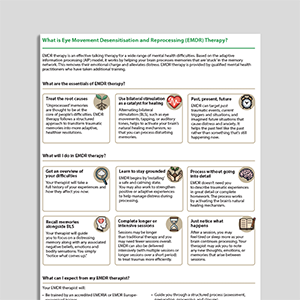
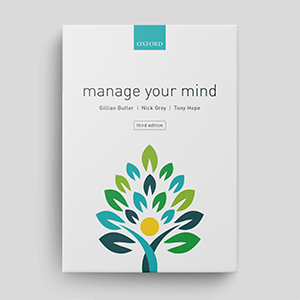
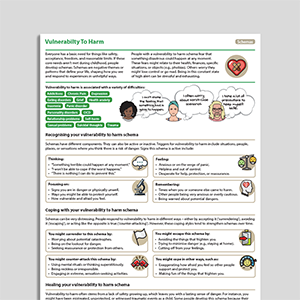
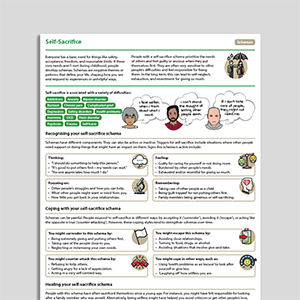
![[Free Guide] An Introduction To Values](https://assets-media.psychologytools.com/28518/conversions/*-an_introduction_to_values_en-gb_Guides_Cover-preview.png)
